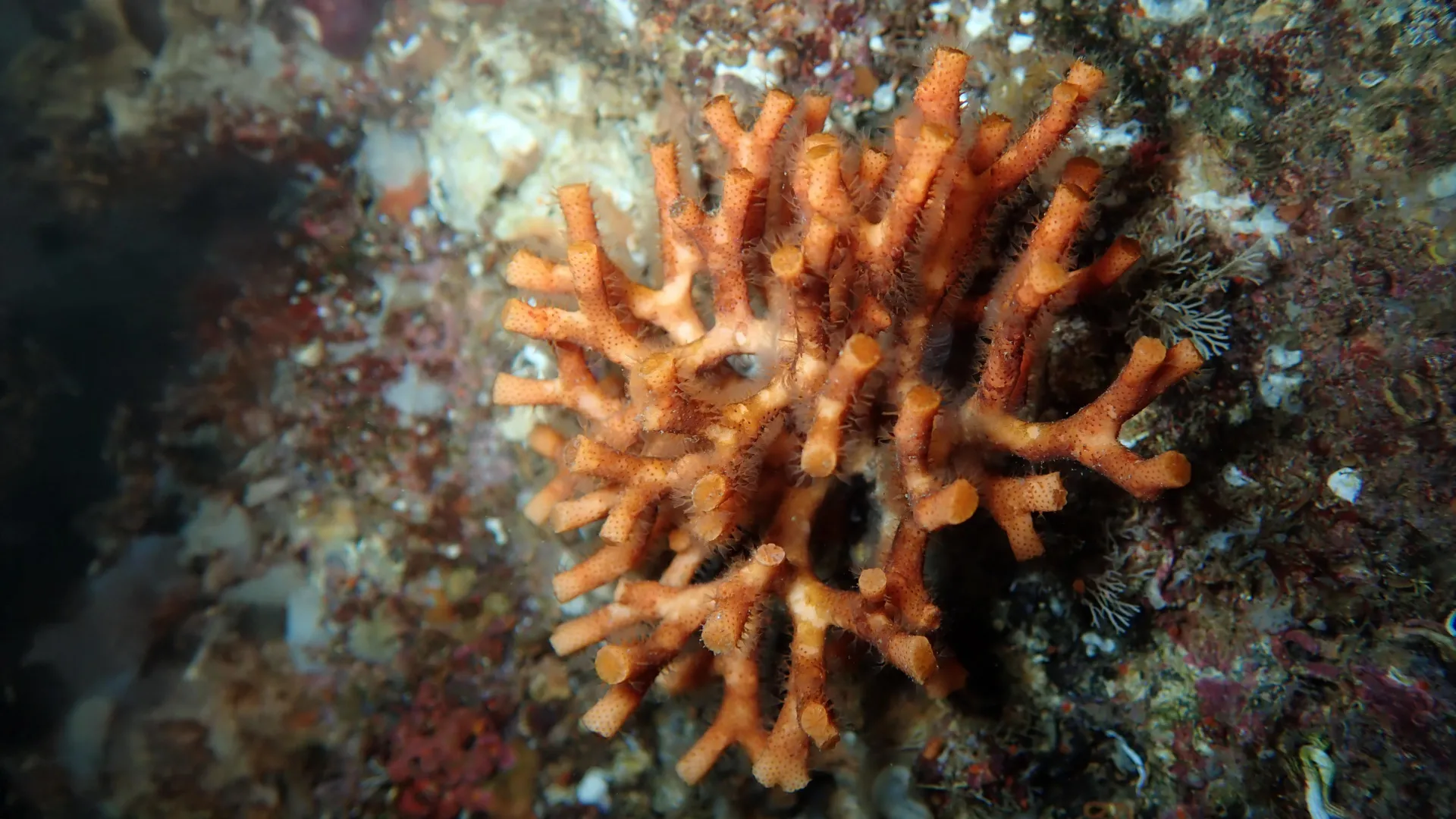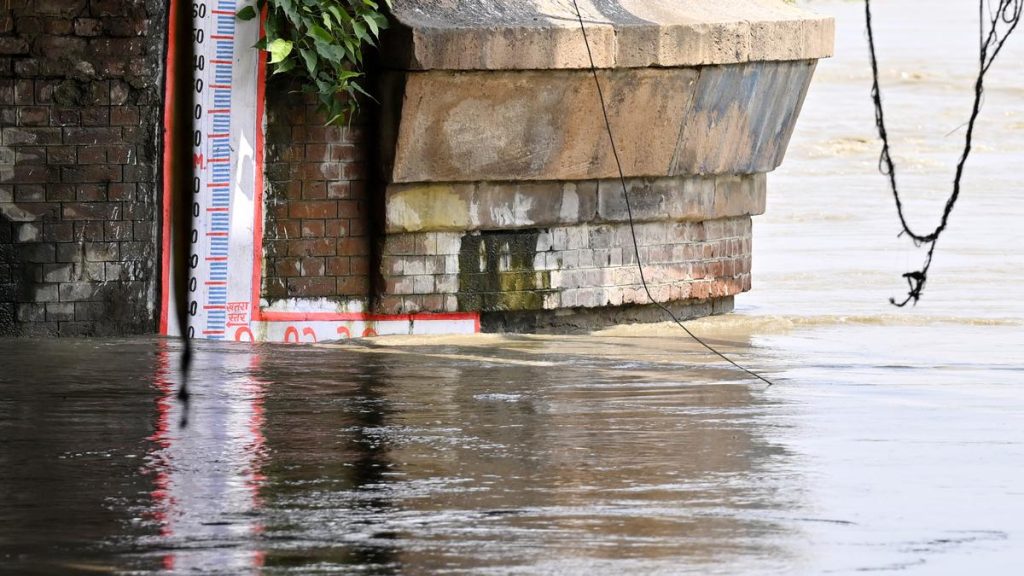Now Reading: Climate Change Threatens Ocean’s Fragile Ecosystems
-
01
Climate Change Threatens Ocean’s Fragile Ecosystems
Climate Change Threatens Ocean’s Fragile Ecosystems

Swift Summary
- A study by the Institut de Ciències del Mar (ICM-CSIC), published in Communications Biology, examines the effects of ocean acidification and warming on bryozoans, key marine habitat-forming invertebrates.
- The research focuses on two bryozoan species, including Myriapora truncata (“false coral”), critical for providing shelter to other species.
- The study leverages a natural “laboratory” off Ischia island, Italy, where volcanic CO2 bubbles simulate future acidification conditions.
- Key findings:
– Bryozoans show limited acclimation through changes in skeletal mineralogy and microbiome stability.
– However, microbial diversity declines under stress and may signal early signs of environmental distress despite external colony health.
– Rising temperatures amplify these impacts, reducing coverage and increasing mortality rates over a five-year period.
- Advanced 3D imaging techniques were deployed for precise skeleton analysis. Plans include an educational animation to communicate findings.
- implications highlight threats to Mediterranean ecosystems as bryozoan habitat degradation risks cascading ecological effects.
- Research continues under projects like HOLOCHANGE and MedAcidWarm to explore nature-based strategies that enhance resilience.
Indian Opinion Analysis
This study underscores the multi-layered challenges posed by climate change to marine ecosystems globally while offering particularly grim implications for mediterranean habitats. Bryozoans are essential not onyl as habitat builders but also as indicators of ecosystem health.Their vulnerability-and adaptive but insufficient responses-highlight the significant ecological risks tied to rising ocean temperatures and acidification.
For India-a country with vast coastal regions-the study holds relevant lessons about protecting lesser-known but ecologically critical species like mangroves or corals that similarly face overlapping stressors from anthropogenic activities and climate change. It demonstrates how robust scientific methods-like deploying natural laboratories or modeling tools-can aid mitigation efforts tailored to local ecosystems.
While no direct policy links exist here for India yet, the interdisciplinary approaches highlighted could inspire integrated frameworks combining species conservation with advanced monitoring tactics across diverse marine zones such as India’s Andaman Sea or Arabian Sea watersheds.

























